Meera, a 42-year-old mother of two, often finds herself seething with resentment. After years of tirelessly supporting her family and sacrificing her career, her efforts feel overlooked. Her husband’s casual dismissal of her frustrations during a family dinner became the tipping point. The bitterness settled in, coloring her interactions and draining her joy.
Like Meera, many of us carry the weight of resentment. It’s a powerful emotion, often dismissed as harmful. But what if bitterness has a silver lining? What if it’s a signal, a catalyst for transformation? Let’s explore how resentment, when understood and managed, can lead to profound growth and freedom.
The Anatomy of Bitterness: Why We Feel Resentment
Resentment often stems from unmet expectations, perceived injustice, or unhealed emotional strong wounds. It’s a blend of anger and sadness, simmering quietly, yet capable of consuming our mental energy.
- Case Study: Rohit, a talented designer, was passed over for a promotion despite years of dedication. Watching a less experienced colleague rise in the ranks triggered resentment. The sense of unfairness became a mental loop, replaying each day he walked into the office.
Resentment, as explored in psychological research, is not just anger—it’s a response to perceived betrayal or inequity. Unlike anger, which flares and fades, resentment lingers, rooting itself in our psyche.
A Hidden Gift: The Positive Side of Resentment
Bitterness and resentment are often labeled as “negative emotions ,” but they serve an important purpose. These emotions can act as a mirror, reflecting our unmet needs, neglected boundaries, and suppressed desires.
-
Resentment as a Value Compass
When you feel resentful, it’s often because something deeply important to you has been violated—whether it’s fairness, respect, or loyalty.
Expanded Example: Priya, a young entrepreneur, was bitter after her business partner took credit for her ideas during a major pitch. She realized her resentment stemmed from her core value of recognition. This clarity allowed her to assert her boundaries and eventually seek partnerships aligned with her principles.
-
A Call for Self-Reflection
Resentment nudges us to look inward. It asks, “Why does this bother me so much?” and “What does this say about my expectations or boundaries?”
Scenario: Meera’s bitterness toward her family’s indifference made her confront her own patterns of silence. For years, she had avoided voicing her frustrations. Her resentment became a wake-up call, encouraging her to advocate for herself.
-
Fuel for Action and Change
Bitterness can propel us toward action, whether it’s addressing an unresolved issue, setting boundaries, or making life-altering decisions.
Illustration: After months of bitterness over a toxic friendship, Neha decided to end it. Though painful, the decision freed her to invest in healthier relationships, transforming her bitterness into personal empowerment.
Why Resentment Hurts: The Toll of Suppressed Bitterness
Unchecked resentment doesn’t just cloud our mental space—it can impact our physical and emotional health. Studies show that unresolved bitterness can:
- Increase stress hormones like cortisol.
- Strain personal relationships.
- Lead to mental health challenges, including anxiety and depression.
Bitterness thrives on rumination—replaying the hurtful event repeatedly, deepening the emotional wound. Addressing it is crucial, not just for emotional well-being but for overall health.
Breaking Free: Steps to Transform Resentment Into Growth
-
Acknowledge Without Judgment
The first step to overcoming bitterness is recognizing it without shame or guilt. Acknowledge your feelings as valid signals rather than flaws.
Practical Exercise: Write a “resentment letter” where you freely express your emotions. You don’t have to send it; the act of writing itself can be therapeutic.
-
Explore the Root Cause
Ask yourself: What unmet need or value is driving my resentment? This step shifts the focus from external blame to internal understanding.
Deep Example: For Rohit, resentment over his missed promotion led him to recognize his need for validation. This insight pushed him to seek constructive feedback and showcase his skills more assertively.
-
Reframe the Narrative
Resentment can feel all-encompassing, but reframing helps you see the broader picture. Shift your perspective:
� Instead of �Why me?� ask, �What can I learn?�
� Instead of focusing on the offender, consider your role in the dynamic.
� Illustration: Kavita felt bitter when her parents favored her sibling�s achievements. Through therapy, she reframed her narrative, recognizing that her parents� actions didn�t diminish her worth.
-
Set Healthy Boundaries
Resentment often signals a need for better boundaries. Learn to communicate your limits assertively, whether in personal or professional relationships.
Example: After feeling overwhelmed by her colleagues� demands, Anjali started saying �no� more often. Her initial resentment turned into empowerment as she prioritized her well-being.
-
Practice Forgiveness—For Yourself and Others
Forgiveness doesn’t mean condoning hurtful behavior; it’s about freeing yourself from the emotional burden of bitterness. Start small by forgiving yourself for unmet expectations.
Story: Aman forgave himself for letting bitterness strain his relationships after his divorce. This self-compassion allowed him to rebuild trust with his family and friends.
The Transformative Power of Letting Go
When resentment is addressed constructively, it paves the way for profound growth:
- Self-Awareness: Recognizing emotional triggers and unmet needs fosters emotional intelligence.
- Resilience: Overcoming bitterness builds inner strength, helping you navigate future challenges.
- Empathy: Processing your own pain can deepen your understanding of others’ struggles.
Real-Life Stories: Triumph Over Resentment
Vikram’s Journey to Acceptance
Vikram, a 50-year-old manager, carried resentment toward a childhood friend who betrayed him. After years of avoiding confrontation, he wrote a letter expressing his feelings—not for the friend, but for himself. The act of letting go transformed his bitterness into gratitude for the lessons he learned.
Shreya’s Path to Empowerment
Shreya felt bitter after losing her job due to office politics. Instead of dwelling on the injustice, she used her bitterness as fuel to start her own business. Today, she credits that period of resentment as the turning point in her life.
Resentment as a Teacher: Lessons to Take Away
- It’s a Mirror: Resentment reflects unmet needs and unhealed wounds, offering insights into your values.
- It’s a Catalyst: Addressed constructively, bitterness can lead to personal growth and stronger boundaries.
- It’s an Opportunity: Resentment, when reframed, helps you rewrite your narrative and embrace forgiveness.
A Call to Action: Your Journey Starts Today
Bitterness is not a dead end—it’s a crossroads. The choice to confront and transform it is yours. Start by acknowledging your feelings, exploring their roots, and reframing your narrative. Seek support if needed, and remember: every step toward healing is a step toward freedom.
Let your resentment teach you, strengthen you, and lead you to a place of growth and peace.
TAGS: Resentment Management, Overcoming Bitterness, Emotional Growth, Mental Health Awareness, Personal Empowerment, Transforming Emotions, Healthy Minds Clinic Patna, Dr. Saurabh Kumar Psychiatrist, Emotional Healing, Managing Negative Emotions Positive Psychology
Disclaimer: All characters and events depicted in this blog are entirely fictional. Any resemblance to actual persons, living or dead, is purely coincidental. The content is intended for informational purposes only and should not be considered as medical advice. Always consult a qualified healthcare professional for medical concerns.
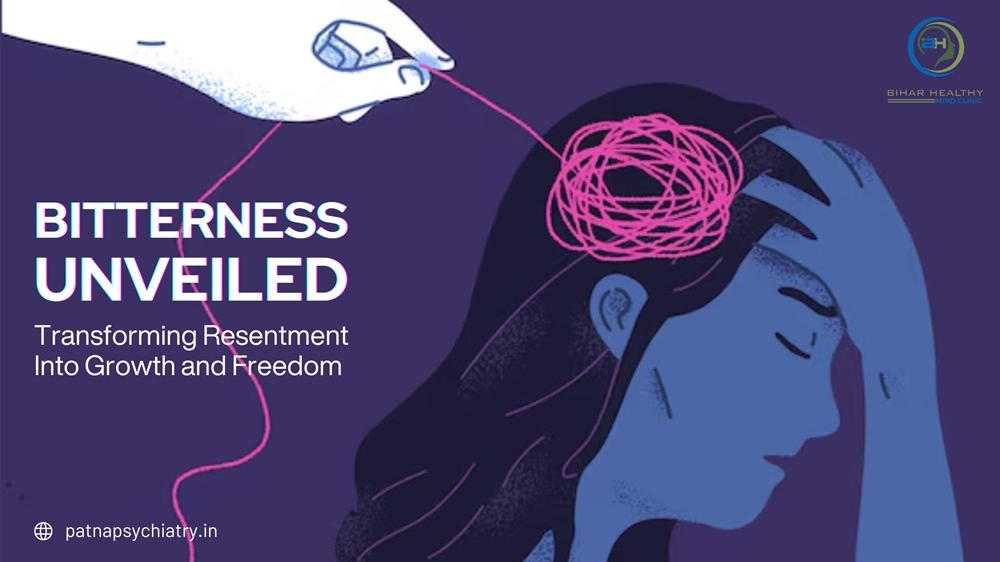

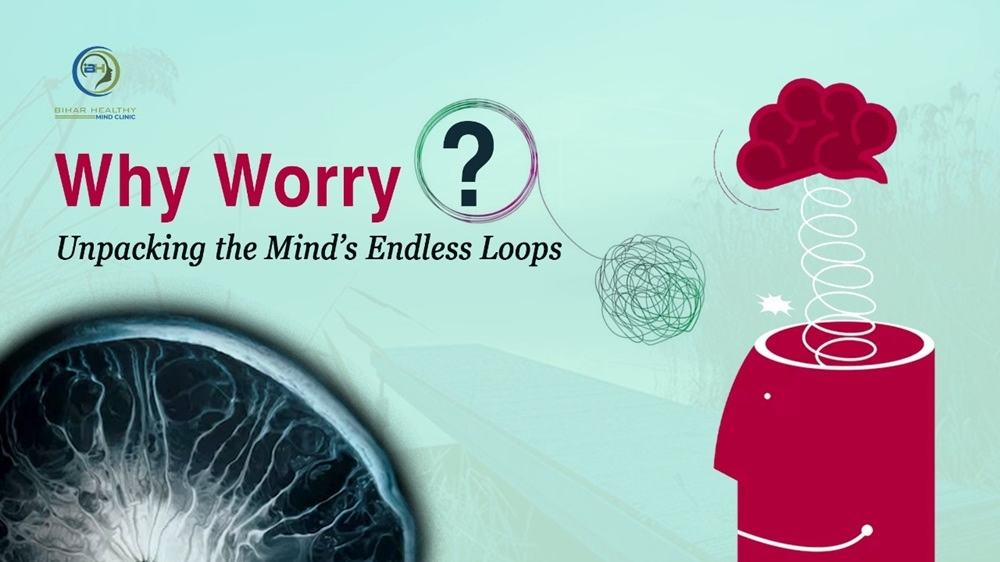
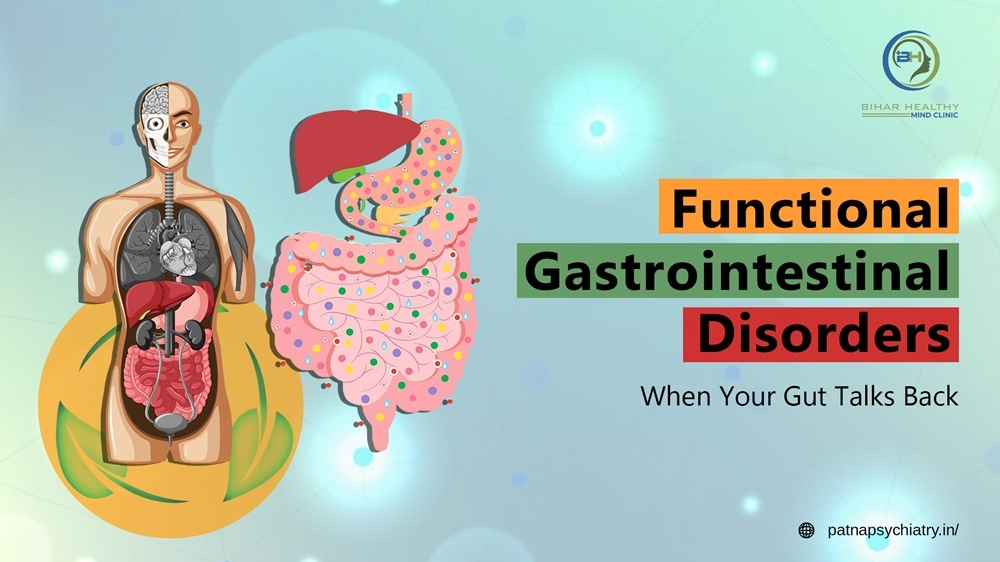
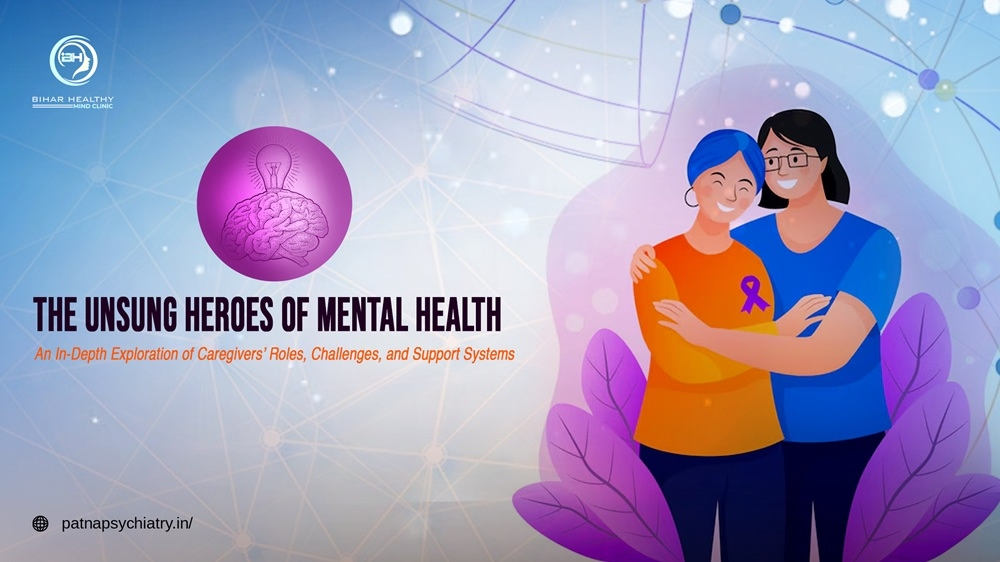
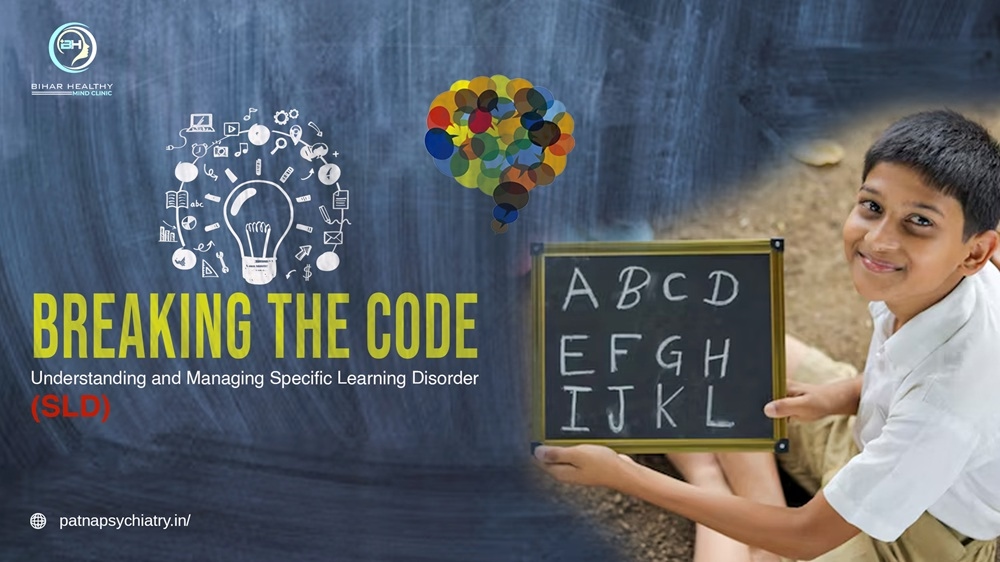
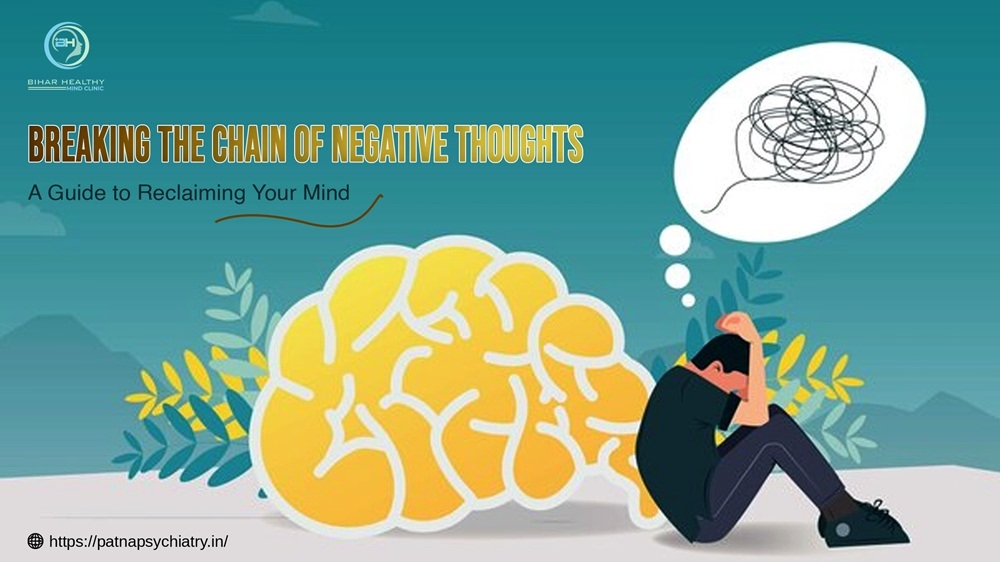
No comments yet. Be the first to comment!